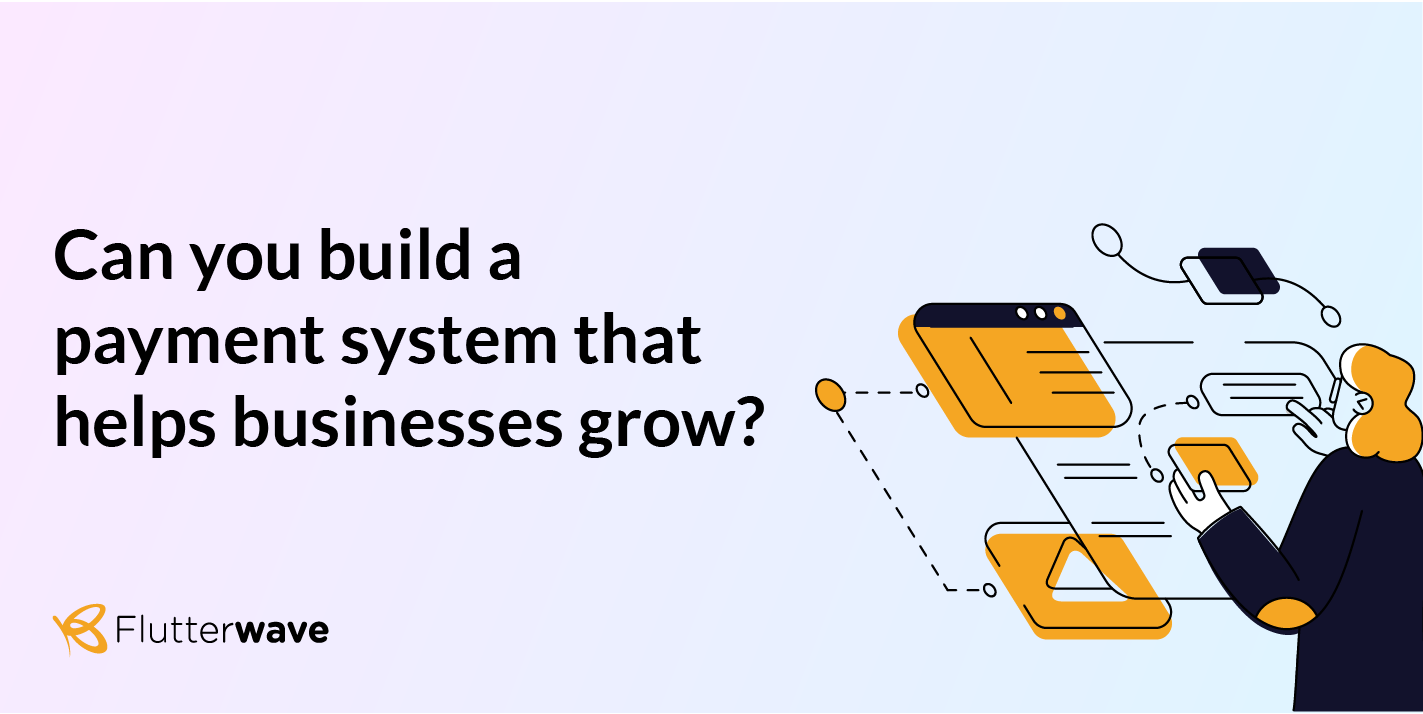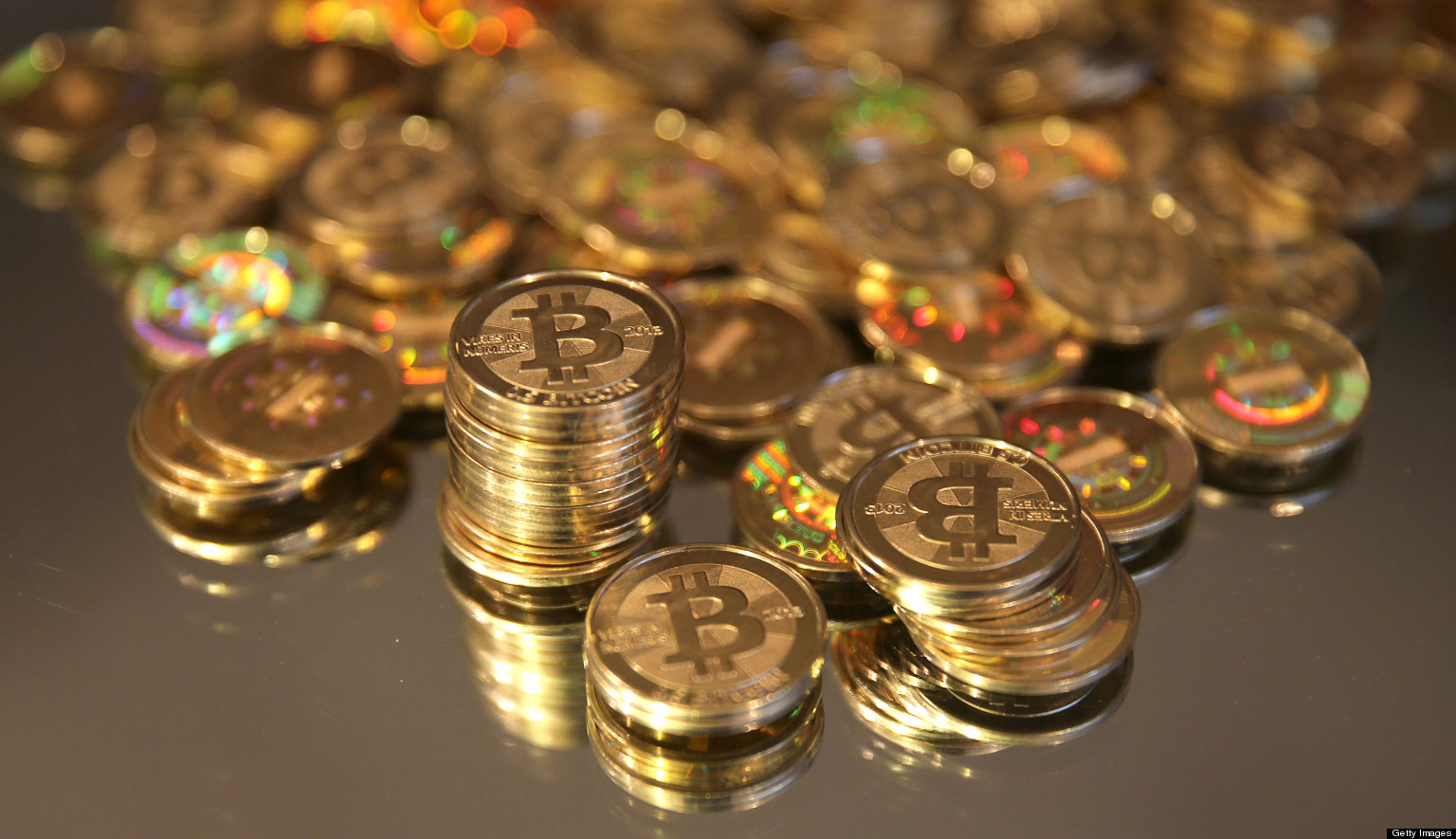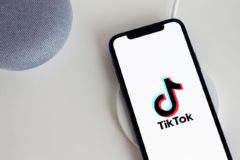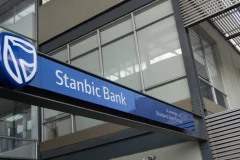
IN PARTNERSHIP WITH

Good morning.️
In today’s edition:
- Jumia is ending the year on a high
- Data breaches
- Whatsapp high school
JUMIA IS ENDING THE YEAR ON A HIGH

On January 2, 2020, Jumia’s (JMIA) share price closed at $6.60. The share price reflected months of uncertainty around the company after its April 2019 Initial Public Offering (IPO). It’s tempting to provide a timeline of what has happened to Jumia’s stock in that time, but we’ve covered Jumia in some detail this year. Yet, here’s one snapshot of the position the e-commerce giant found itself in: on March 20, 2020, JMIA was trading at $2.33. This meant that the company was no longer a unicorn.
But if there’s anything we know from 2020 and the stock market, it’s that things turn around pretty quickly. In August 2020, Jumia’s first stock rally began and it was quickly squashed by Q2 results that investors found uninspiring.
Yet, after years of panning Jumia and its strategy, the public sentiment seems to be changing. Its change in business model has seen it become a platform for household items, meaning that it is becoming even more important to households that buy these everyday products frequently.
More importantly, Jumia is also moving away from selling on a first-party basis. Its new focus is on “running an asset-light marketplace model where third-party sellers offer consumers an expanding range of products and services.”
In its Q3 results, first-party revenue decreased by 53% while its marketplace saw a revenue increase of 19%.Bottom line: being a marketplace reduces Jumia’s overhead cost.
All’s well that ends well: Andrew Left, the short-seller whose report calling Jumia a fraudulent company tanked the company’s IPO, had a change of heart in October 2020. He said he believed that Jumia had addressed the issues he raised and that he was taking a long position on JMIA for $50.
Today’s share price? At the time of writing this, JMIA opened at $44. Will it hit the $50 before the end of the year?

“We have put together a nice holiday challenge for software developers across Africa. Join the Flutterwave Developer Challenge to compete with devs to build great solutions with our v3 APIs. Over $23000 worth of prizes to be won. You can learn more and sign up here.”
DATA BREACHES REMAIN A CONCERN

Throughout 2020, COVID-19 dominated headlines and conversations but something else we’ve been following all year has also hogged headlines: data breaches. In 2020, Data breaches were reported in Uganda, South Africa, and Nigeria. These were only some of the breaches; reports claim that many of the breaches in Africa are not reported. Yet, data breaches are not just an African problem.
“The year started with a breach of Microsoft, with 250 million customer records hacked. The epidemic continued month after month, with notable companies like Facebook, Instagram, Barnes & Noble, MGM, unprotected Google Cloud accounts, and many others being hacked, totaling billions of stolen information records, including names, email addresses, IP addresses, and additional data. Plus, it’s very costly to companies that are hacked. One estimate puts a price tag of almost $4Million on each occurrence.”
The state of play : Despite these high profile incidents, data breaches actually reduced in the first half of 2020. Was this down to underreporting? This report says that data breaches reduced in that time because working from home made us hypervigilant.
Dig Deeper: No one is safe from the data breach epidemic
WHATSAPP HIGH SCHOOL

We said “the new normal” a lot in 2020 as the pandemic changed life and learning as we know it. With lockdowns in place, schools moved learning online. In March, I wrote about how schools were using Google Classroom and Big Blue Bird to keep going.
However, in Nigeria and other African countries, those options are for some of the more expensive private schools. Federal government universities have been on strike for almost one year and it is doubtful that they would have cracked online learning if they were not on strike.
It means that inclusive virtual learning has taken many different forms, one of which is Whatsapp. In this article , Edwin explores the place of Whatsapp in helping learning continue.


















